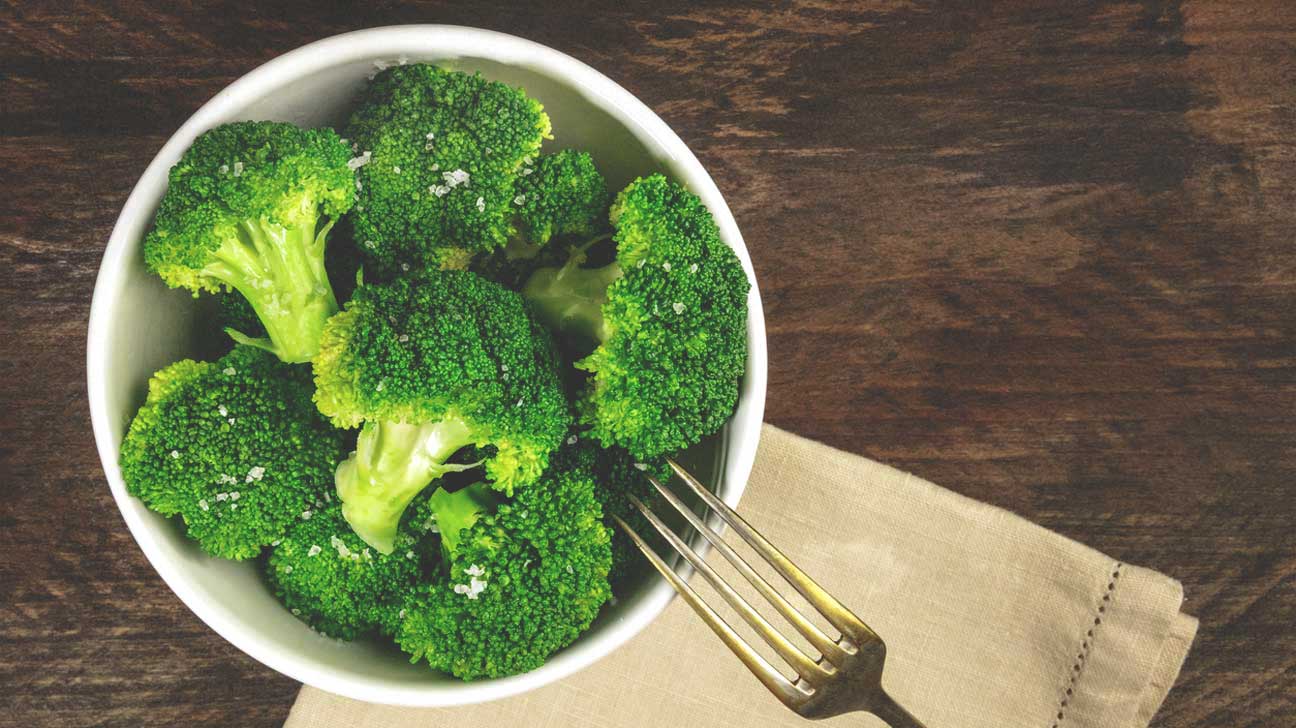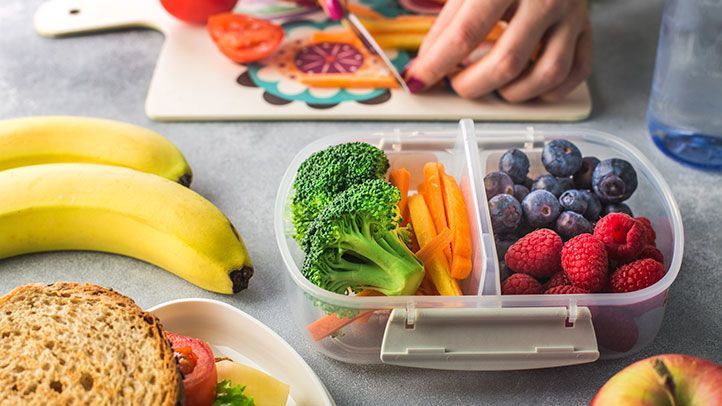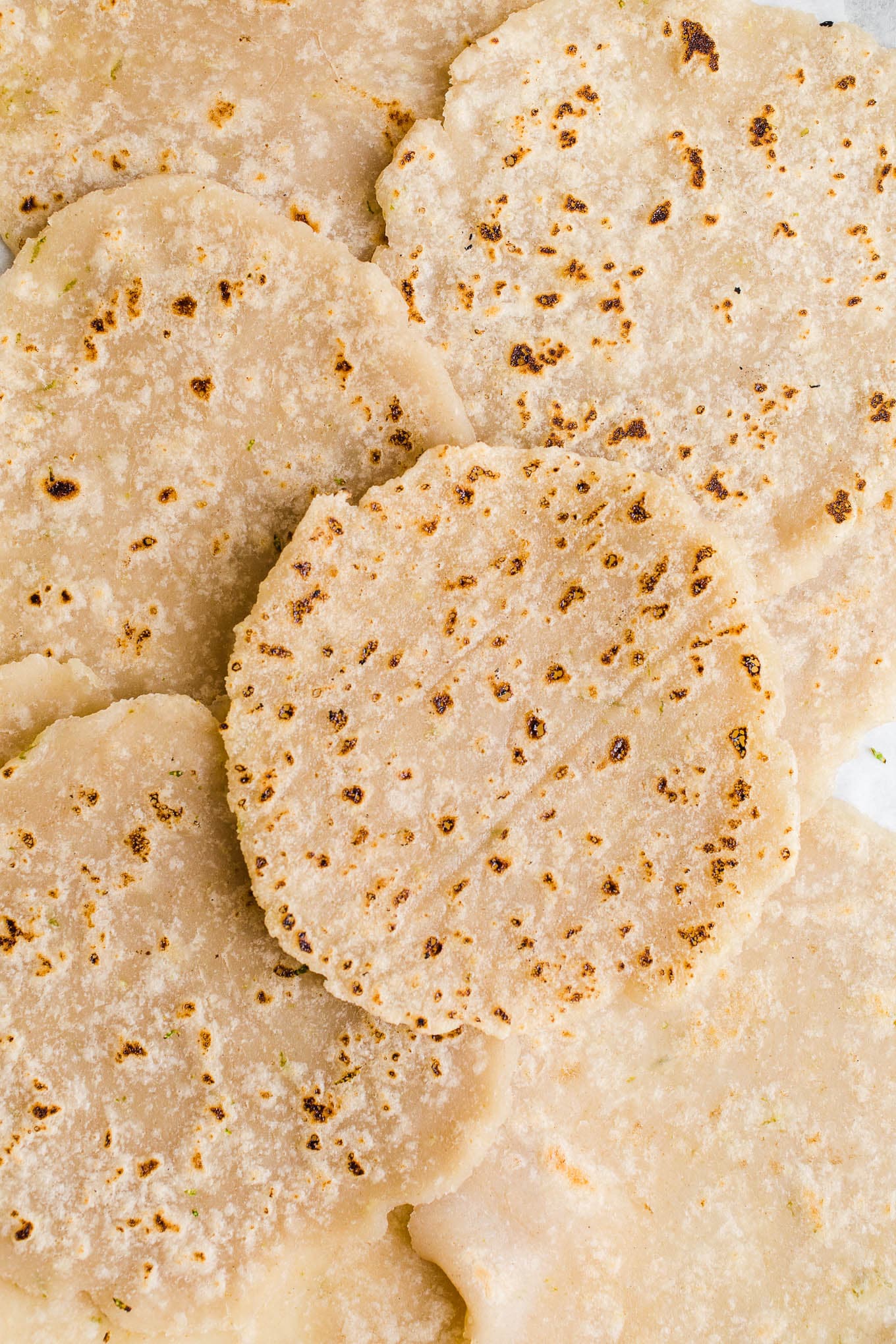
Alternatives for honey
There are many vegan-friendly honey options. Some are whole food-based, others are processed. Some can even be made at home. It is important to experiment to discover what tastes the best. Agave nectar is one of the most widely used honey substitutes. This sugar substitute is derived directly from the agave tree and tastes almost identical to honey. Maple syrup is another popular option for vegans, but it is not suitable to raw vegans.
Another vegan-friendly honey alternative is coconut syrup. It is a darker, sweeter honey alternative and is naturally low in glucose. However, it lacks nutrients and should not be consumed in excess. You can also use sorghum syrup as a sweetener, which is rich in nutrients. This sweetener is not widely available but is a good choice for vegans.
Benefits of consuming honey
Vegans who wish to improve their health might want to try honey. Honey's many health benefits are well-known. Not only is it naturally sweet, it is also rich in nutrients. Honey has been used in traditional medicine for centuries by many cultures. It is one of the oldest food products consumed by humans.

Honey contains micronutrients, antioxidants, and amino acid. It also has a low Glycemic Index, making it a healthy option to sugar. Many commercial honeys undergo filtration and heat treatment to preserve the sugar and lengthen its shelf life. However, heat treatment can decrease the antioxidant content of honey and reduce its health benefits.
Alternatives to beeswax
There are several vegan options available if a vegan is looking to make a beeswax free candle. The first one is the Candelilla plant. This natural wax is compatible and melts at a moderate temperature with most waxes and resins. It's 100% natural and suitable to be used for vegans.
Coconut wax is another option. Coconut wax is often used in candles, although it can be harder to find.
Alternatives to bee pollen
For those who don’t eat animal products, bee pollen can be a valuable food supplement. It can be used to help reduce seasonal allergies symptoms and improve digestion. It also contains a natural sugar replacement that can be added to yogurt and cereals, as well as granola. It is also known to help relieve stress and be a popular supplement for people with rheumatoid.

Bee pollen can also pose health risks. According to the FDA, tainted pollen products can cause diarrhea, elevated blood pressure, and heart problems. Pollen should be avoided by pregnant women.
Beekeeping practices which make bee honey incompatible with vegans
Vegans do not consume honey or other animal products. The practices of many beekeepers aren't suitable for vegans. Some beekeepers may kill the bees. Others build new colonies. Although these practices aren't necessarily harmful, many vegans consider them exploitative.
Although it may seem as though more bees are better, bees do not produce any fruit, flowers or seeds on their own. Large honeybee colonies can monopolize food resources, causing them to crowd out other pollinators and decreasing biodiversity. Beekeepers might also use chemical mixtures or smoke, which may be objectionable to vegans.
FAQ
Do I need to count calories
You may wonder, "What diet is best for you?" or "is counting calories necessary?" The answer is dependent on many factors like your current state of health, your personal goals, how you prefer to eat, and your overall lifestyle.
The Best Diet For Me - Which One Is Right For You?
My personal health, goals, lifestyle and preferences will all influence the best diet. There are many diets available, some good and others not so good. Some diets work well for some people and others do not. What can I do to make the right choice? What should I do?
These are the main questions addressed by this article. This article begins with a brief overview of the various types of diets that are available today. The pros and cons of each diet are then discussed. Finally, we'll discuss how to select the best one.
Let's start by taking a look at the various types of diets.
Diet Types
There are three types of diets available: ketogenic, high-protein, and low-fat. Let's take a look at them all below.
Low Fat Diets
A low-fat diet restricts fat intake. This is accomplished by decreasing the intake of saturated fats like butter, cream cheese, and other dairy products. and replacing them with unsaturated fats (olive oil, avocados, etc.). For those looking to lose weight quickly, a low fat diet is often recommended. This type of diet can lead to constipation and heartburn as well as indigestion. Vitamin deficiencies can also occur if the person doesn't get enough vitamins through their diet.
High Protein Diets
High protein diets are known to restrict carbohydrate intake and promote the consumption of protein. These diets have higher protein levels than other diets. They can help you build muscle mass, and also burn more calories. Unfortunately, they can't provide adequate nutrition for those who eat regularly. They can also be very restrictive so they may not be suitable for everyone.
Ketogenic Diets
The keto diet is also known as the keto diet. They are high fat and moderately carbohydrate and protein-rich. They are commonly used by athletes and bodybuilders as they allow them to train harder, longer and without feeling fatigued. However, they must be used with caution to avoid nausea, headaches and fatigue.
Supplements and herbs can improve immunity
Herbs and natural remedies can be used to boost immune function. Some common examples include garlic, ginger, oregano oil, echinacea, ginkgo biloba, and vitamin C.
These herbal remedies are not meant to replace medical treatment. They could cause side effects like nausea, dizziness or stomach cramps, dizziness as well as allergic reactions.
Is it possible to have a weak immune system due to being cold?
It's been said that there are two kinds of people in the world; those who love winter and those who hate it. But, regardless of whether you love or loathe winter, you might be wondering why it makes you miserable.
Our bodies are made to function well in warm weather. In fact, we evolved to thrive in hot climates because that's where most of our food sources are located.
However, our environment is quite different than that of our ancestors. We spend more time indoors and are often exposed to extreme temperatures (cold or heat) and eat processed foods rather than fresh.
Our bodies don't have the ability to tolerate extreme conditions anymore. When we venture out, our bodies are unable to handle the extremes. This leaves us feeling exhausted, sluggish, or even sick.
There are many ways to avoid these side effects. You can combat these effects by making sure you are well-hydrated all day. Drinking plenty of water will help you keep your body hydrated and flush out toxins.
Also, ensure you eat healthy food. Eating nutritious foods helps your body maintain its optimal temperature. This is particularly helpful for anyone who spends long periods of time inside.
You can also meditate for a few minutes every day. Meditation helps to calm your mind and body. This will make it easier and more effective to deal with stress or illness.
How can you live your best life every day?
To live a happy life, the first step is to discover what makes you happy. You can then work backwards once you have identified your happiness. Asking others about their lives can help you to see how they live the best life possible.
You can also read books like "How to Live Your Best Life" by Dr. Wayne Dyer. He speaks about happiness and fulfillment in all areas of life.
Statistics
- The Dietary Guidelines for Americans recommend keeping added sugar intake below 10% of your daily calorie intake, while the World Health Organization recommends slashing added sugars to 5% or less of your daily calories for optimal health (59Trusted (healthline.com)
- WHO recommends consuming less than 5% of total energy intake for additional health benefits. (who.int)
- WHO recommends reducing saturated fats to less than 10% of total energy intake; reducing trans-fats to less than 1% of total energy intake; and replacing both saturated fats and trans-fats to unsaturated fats. (who.int)
- Extra virgin olive oil may benefit heart health, as people who consume it have a lower risk for dying from heart attacks and strokes according to some evidence (57Trusted Source (healthline.com)
External Links
How To
How to keep motivated to eat healthy and exercise
Healthy living: Motivational tips
Motivational Tips for Staying Healthy
-
Write down your goals
-
Set realistic goals
-
Be consistent
-
When you achieve your goal, be kind to yourself
-
If you fail the first time, don't lose heart
-
Have fun!